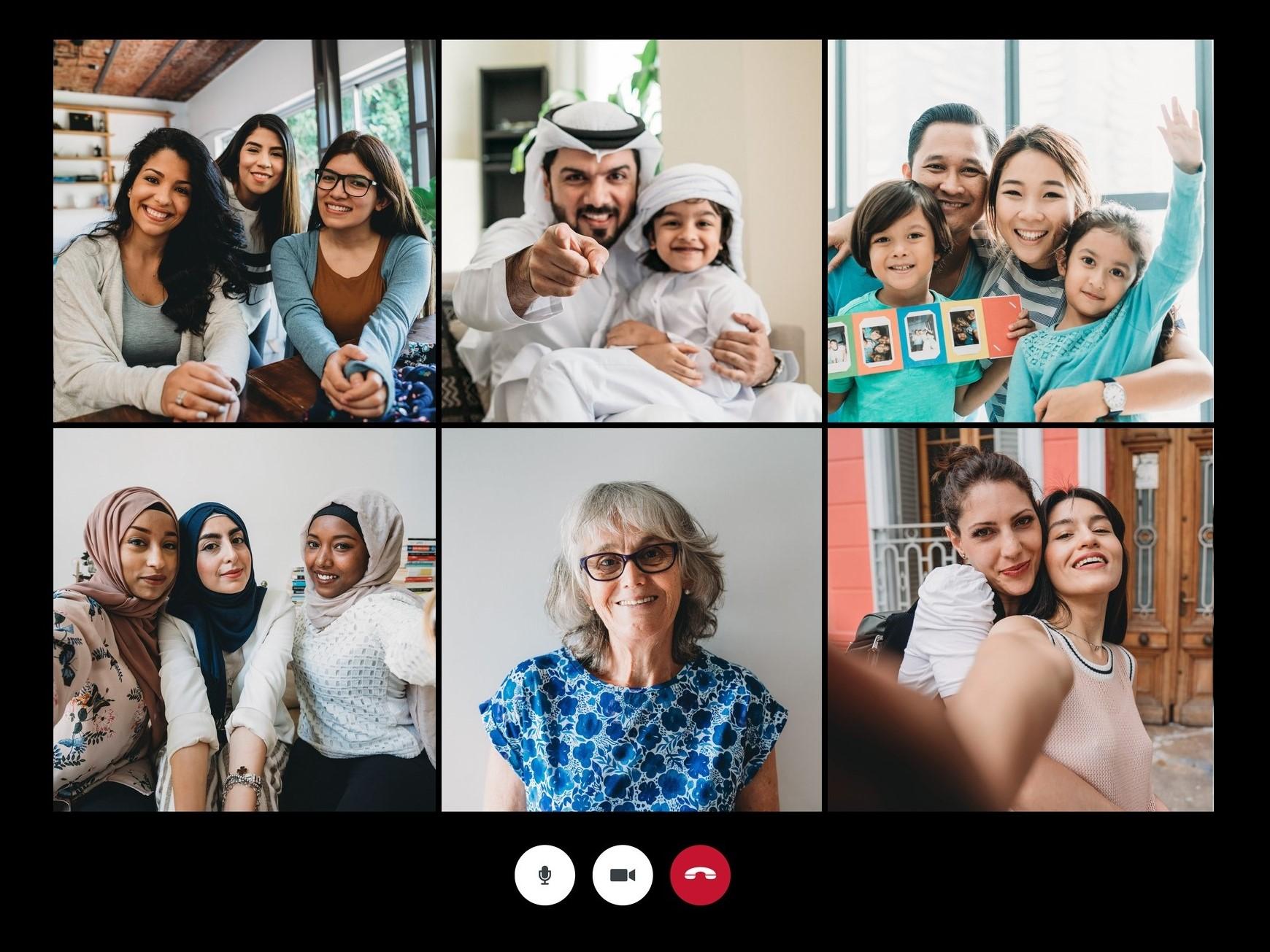This website uses cookies so that we can provide you with the best user experience possible. Cookie information is stored in your browser and performs functions such as recognising you when you return to our website and helping our team to understand which sections of the website you find most interesting and useful.

About one-third of the world's population is stuck indoors under some form of coronavirus lockdown, forcing people to turn to technology to stay connected.
Video conferencing app Zoom was the first choice for many early on, but questions have been raised about how secure it actually is. Its rocketing popularity brought with it increased scrutiny about the way it handles its users personal information, while also drawing attention to a phenomenon known as "Zoombombing".
The app has hired high-profile security experts and released new updates in an attempt to grapple with security issues but governments and organisations continue to ban Zoom meetings.
Fortunately, a range of alternatives offer options for everything from private business meetings, to socialising with friends
Skype
Skype was many people's first introduction to online video chats. After launching in the early 2000s, the platform became so ubiquitous that it reached the rarefied status - alongside the likes of Google and Xerox - of its name being used as a verb.
It held a near-monopoly over video calls for more than a decade, and if a similar pandemic had struck 10 years ago it would have surely been the app of choice.
But since it was acquired by Microsoft in 2011, Skype's utility and reliability have slipped behind emerging competitors. The issues stem from the tech giant's decision to transition from a peer-to-peer (P2P) service to a cloud-based operation, which ended up being messy and frustrating and caused users to seek alternatives.
Microsoft has also shifted its focus to its Teams conferencing app in recent years, but for basic video calls and group chats, Skype remains a solid and familiar option.
HouseParty
HouseParty has quickly become the go-to video chat app for people looking to play games and have fun with friends and family remotely.
It's free and simple to use and offers a huge selection of interactive games that are great to play in pairs or groups, ranging from trivia to charades.
Its sudden surge in popularity has presented a different set of challenges compared to Zoom, with its open and inclusive features resulting in a chaotic and confusing experience for users who are just looking to chat and play with friends without being bombarded with new members.
Fiddling with the app's settings can remedy most of these issues, while hidden features like "sneak in" allows you to open the app without all of your contacts being notified.
Signal
Whistleblower and privacy advocate Edward Snowden is one of the many high-profile figures who rely on Signal to communicate securely online.
Widely considered to be the most private messaging app, Signal also allows encrypted video chats using its open source Signal Protocol technology.
There are some limitations that mean it hasn't achieved the level of mainstream success as its peers - mostly that it does not support group video calls.
Despite the added layers of security, Signal remains simple to use and is available for free on Android and iOS. Desktop devices do not currently support video calls on Signal.
With more than 2 billion users worldwide, WhatsApp is the most popular messaging app in the world.
In 2018. the Facebook-owned app introduced group video calling for free to all of its users, making it arguably the most convenient option for people just looking to chat with friends and family.
Similar to its messaging function, WhatsApp's video calls are encrypted, however the downside is that only four people can take part in an encrypted video chat at any one time.
There are several useful features included in WhatsApp's video chat function, such as adding people mid-call and hiding your video feed from other participants.
Microsoft Teams
Originally built as a competitor to the hugely popular workplace chat tool Slack, Microsoft Teams has since evolved into an all-encompassing platform that supports everything from video conferencing to PowerPoint presentations to 10,000 people.
It integrates Office 365 so that sharing Microsoft Word, Excel and other Office apps is seamless, while video chat functionality supports up to 250 people simultaneously.
Aware of the security issues plaguing Zoom, Microsoft has made a point in recent weeks to publicise the privacy credentials of Teams.
Blog posts boast of the way it handles user data, stating: "Far from an afterthought, privacy is deeply ingrained in our company philosophy and how we build products."
Teams is free for anyone with an Office 365 subscription but a free version is also available, making it perhaps the best business alternative to Zoom.
IndyBest product reviews are unbiased, independent advice you can trust. On some occasions, we earn revenue if you click the links and buy the products, but we never allow this to bias our coverage. The reviews are compiled through a mix of expert opinion and real-world testing.



 Africana55 Radio
Africana55 Radio 

